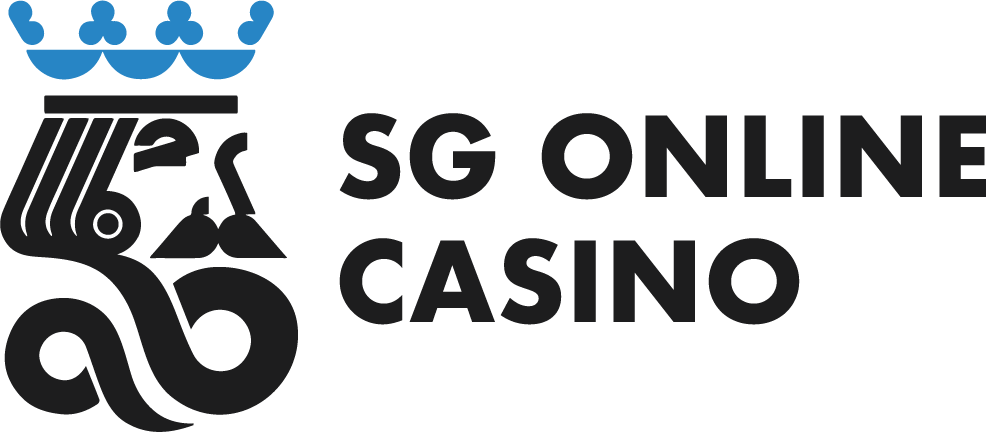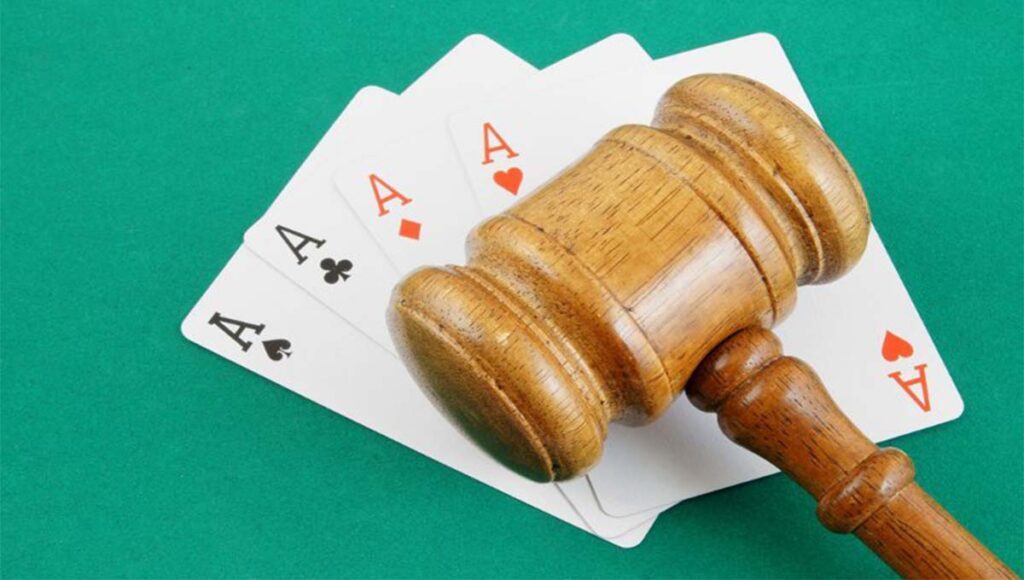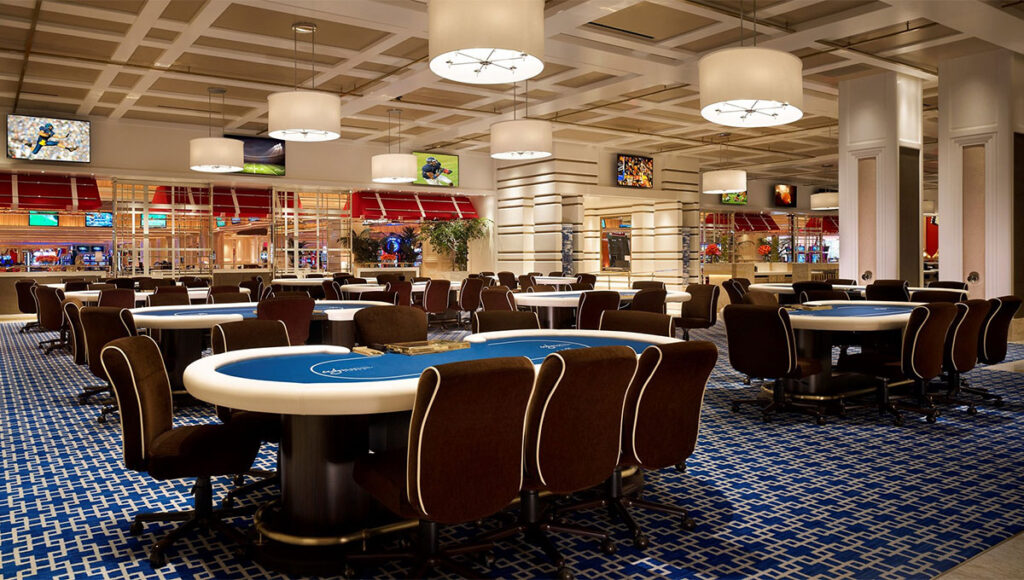Social gambling has finally been clearly legalized effective 1st August 2022. But all this while, social gambling among friends and family isn’t illegal entirely in Singapore. It’s just that the legality of social gambling has never been clearly defined by the law. So until recently, it was difficult to enforce the laws under the existing Gambling Control Act.










This change happened after a lengthy debate in the Singapore Parliament. With the rise of digital technology, the Members of Parliament brought up new concerns about gambling. Especially online gambling & the need for it to be properly regulated.
Hence, the new gambling law was finally passed in March 2022 and it will be effective from 1st August 2022. The new law has set clear boundaries of what is acceptable and what is not acceptable.
In this article “Is social gambling legal in Singapore?”, we will cover all you need to know about social gambling legalised Singapore and the impact of the latest gambling law on it.
Related Post: How To Cancel Casino Self-Exclusion Singapore?
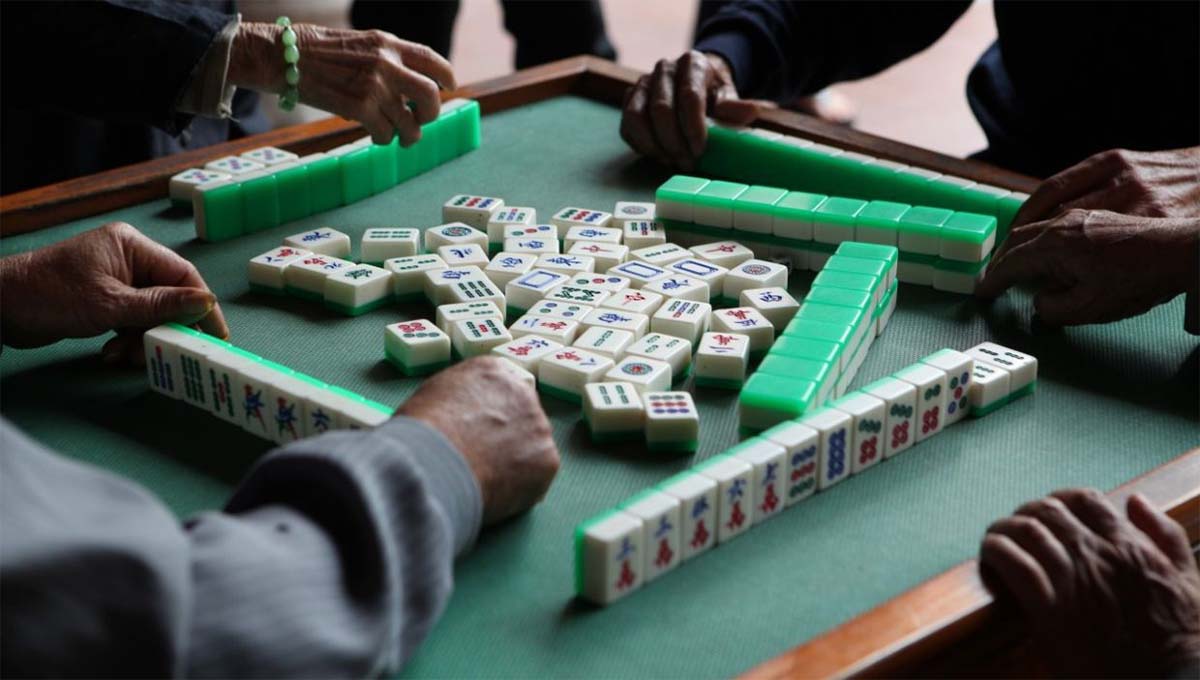
What Is Social Gambling?
Social gambling meaning is the act of casually playing games with friends and family with something of value at stake (usually money). It’s usually a contest of luck and skill, whereby players compete with each other for entertainment and to socialize.
In Singapore, social gambling has been part and parcel of Singaporeans’ rich culture. Especially since 70% of the population is Chinese. It is very common among the Chinese to gamble casually during family get-togethers.
During Chinese New Year, families gather together under 1 roof to celebrate. Plus friends will take the opportunity to meet up with each other too. So, social gambling during the festive season helped people to socialize and bond together.
Blackjack, poker, mahjong and big 2 are among the popular choices of gambling games.
Social gambling is also very popular during major sporting events such as World Cup. Friends and family get together to discuss on the latest results and bet on the future games.
But social gambling can escalate into a major gambling addiction if it’s not properly controlled. Plus, time has changed a lot with the advent of many new technologies. Getting access and exposure to gambling with minimal restrictions is so much easier now.
So, the amendments to the Gambling Control Act came at a very critical time too.
Related Post: What Is The Largest Casino In Singapore?

The Newly Defined Gambling Control Act
Under the newly amended Gambling Control Act, it’s clearly defined that social gambling can only happen in domestic homes. Not in commercial or business premises. Plus, it cannot happen in a form of a business, or in any way which benefits anyone that isn’t directly playing.
This is to prevent individuals from renting out their homes and profiting as a venue provider in the guise of social gambling. Furthermore, under the new law, social gambling is strictly confined to offline or physically present gambling only.
That is because it is too difficult to clearly define social gambling that happens online. Moreover, social gambling online is highly susceptible to abuse.
So, for any form of gambling to be considered as social gambling, it must take place in one of the participant’s homes. Plus, the participants must be from the same family or are friends.
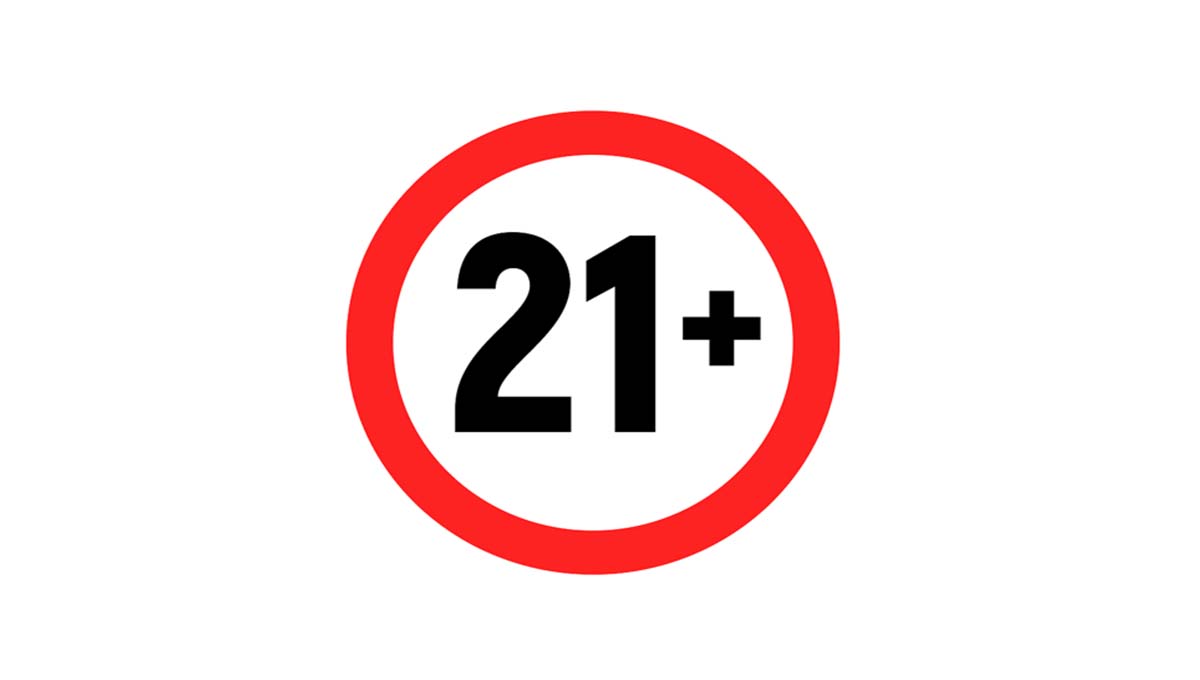










The Legal Age For Gambling In Singapore
The new gambling control law also specified that the minimum legal age for gambling is 21 years old. Anyone below is not allowed to enter any gambling premises.
However, there is only one exception to that rule, which is Singapore’s Pool. Players as young as 18 are allowed to gamble in Singapore Pools’ physical outlets.
Formed on 23 May 1968, Singapore Pools is a state-owned company that offers lottery betting and sports betting. By offering a legal avenue for lottery and sports betting, it helps to curb the illegal betting syndicates that were rampant back then.
So far, the government announced that there are no plans to standardize the legal gambling age. Hence it will remain as it is until further notice. However, this legal age is not applicable to social gambling. Minors are still allowed to gamble casually with friends and family at home.
That’s why the amended Gambling Control Act is much needed to clearly define social gambling and set its boundaries. It’s to safeguard minors from problem gambling or gambling-related social harm.
Related Post: Can You Gamble At Home In Singapore?
Proxy Gambling As Defined By The New Gambling Control Act
The amended Gambling Control Act also clearly define proxy gambling and made clear that it is illegal. Under the amended act, “proxy gambling is the act of appointing a representative to gamble based on instructions given by a person who’s not physically present in the area.”
By making proxy gambling illegal, it prevents gamblers to use proxy as an excuse for social gambling or circumventing the entry checks at the casino.
The Gambling Regulatory Authority
Seeing the need to keep up to date with technology and gambling trends, Singapore’s Ministry of Home Affairs has also reorganized the existing Casino Regulatory Authority (CRA). The CRA has been rebranded as Gambling Regulatory Authority (GRA).
On top of the old functions and responsibilities from the CRA, the newly reformed GRA is given additional authority. They now will oversee and regulate the entire gambling landscape in Singapore. Not just the betting centres and casino in Singapore.
The GRA will also respond and regulate emerging forms of gambling.
Soon, the GRA will introduce a special license on lower-risk gambling products. This includes mystery boxes or loot boxes that are very rampant online games.
Final Thoughts
Social gambling under close supervision is fine. In fact, it can also be beneficial to a certain degree. Outright banning things may end up more detrimental as people would seek illegal means instead.
Hence, it is a great move that the government is keeping ahead of time and trend. However, even though the Gambling Control Act has been amended to suit the current needs, the government still urged families and education centres to continuously play an active role to prevent youth from gambling addiction.
After all, the best way to teach and safeguard our youth is to educate them from young. So, family and education centres are the best avenues for that.
